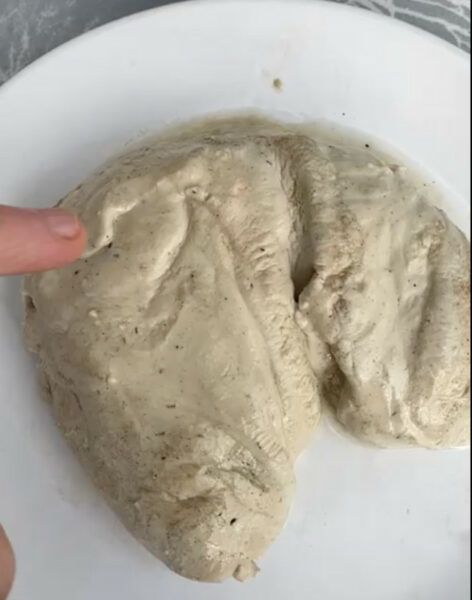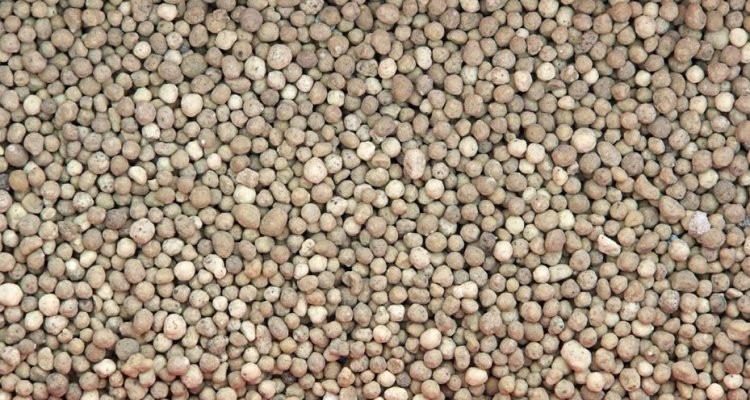
Our indefatigable researcher and fellow director of ZWAI, Ollan Herr, has been busy producing a strange grey plasticine-like material which looks like bread dough or the type of marl you find underneath a bog. But there is a big difference between marl and this stuff – marl is a type of clay from which the nutrients have been washed out, and plants will not grow on it; but this stuff in the photograph is very rich in phosphorus, an essential plant nutrient, and also contains nitrogenous fertilisers.
Are you interested?
The reality is that the raw material from which this has been produced is available in every household, and in many public buildings. Yet, at a time when farmers are getting more and more worried about the shortage of fertiliser, we waste it!
Are you still curious?
So, getting to the point, before you give up reading this blog, the raw material is human urine, and what you are looking at is struvite, a compound made very easily by adding magnesium or calcium to urine. Our urine, and the urine of all large animals, including the farmers’ cattle, is rich in phosphorus.
But what do we do with this valuable fertiliser?
We throw it away, flushing it down the toilet, piping it into rivers, streams, lakes and eventually the sea, where it causes the growth of undesirable algae in all of these environments, resulting in pollution of the water and often the death of fish and other aquatic organisms. The research being carried out by Ollan Herr is showing the way to recovering, recycling and re-using this valuable phosphorus. At a time when supplies of phosphate fertilisers are becoming more critical for Irish farming, not only because of global shortages, but also because of Russia’s invasion and war on Ukraine, isn’t it about time we began looking at this source of phosphorus? The research project initiated by Zero Waste Alliance Ireland is a small step in the right direction.

To put it simply, without phosphorus, we cannot produce food. As an essential nutrient in fertilisers for food production, phosphorus has no substitute. Phosphorus ensures soil fertility and high crop yields and supports farmer livelihoods and ultimately food security of the global population. Yet the world’s farmers depend on phosphorus sourced from finite phosphate rock, which are becoming more scarce, expensive and are concentrated in only a few countries: Morocco alone controls three-quarters of the world’s remaining high-quality phosphate reserves. At the same time, inefficient use of phosphorus throughout the food systems is polluting our rivers and oceans, causing toxic algal blooms. Struvite in that case seems like the obvious solution!
